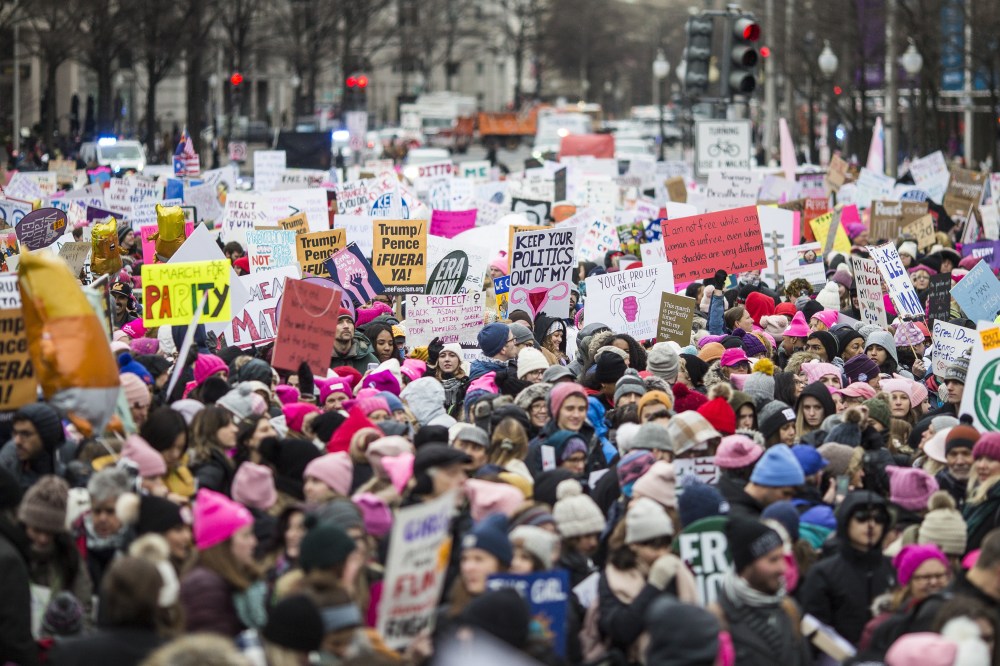International Women’s Day is on March 8. It’s a time to celebrate the economic, social, cultural and political achievements around the world.

So just how far have we come, and how much further do we have to go to achieve gender parity?
At the current rate of progress, it will take 132 years to achieve gender parity, according to the World Economic Forum’s latest data.
The most gender equal nations are Iceland, Finland, Norway, New Zealand and Sweden. The least gender equal countries are Chad, Iran, Congo, Pakistan and Afghanistan. The rankings by the World Economic Forum are based on factors including health, education, economic security and political power.
The United States ranked 27th on the list. Lauren Leader, the co-founder and CEO of women’s civic leadership organization “All In Together,” noted the U.S. is getting worse in several key areas, including maternal health. She added that Rwanda, Namibia and South Africa are ahead of the U.S. in terms of gender equity.
“I think what surprises people are the countries ahead of us on the list – it’s not just the Nordic countries … [but those] all over the world that continue to invest not just in women’s health and economic security, but in their political power,” Leader told Mika Brzezinski on “Morning Joe” on Tuesday. The two women were in Abu Dhabi for Know Your Value and Forbes’ 30/50 summit in Abu Dhabi.

The summit brings more than 500 women from 50 countries, including honorees for Forbes “30 under 30” and “50 Over 50 list” March 7-10 over International Women’s Day. Speakers include Hillary Clinton, Gloria Steinem, Catherine O’Hara, Misty Copeland, Ayesha Curry, Jessica Alba and more. The goal is to create cross-generational alliances to provide guidance and insights to women at every stage of their career, while also offering diverse perspectives and rich cultural immersion.











